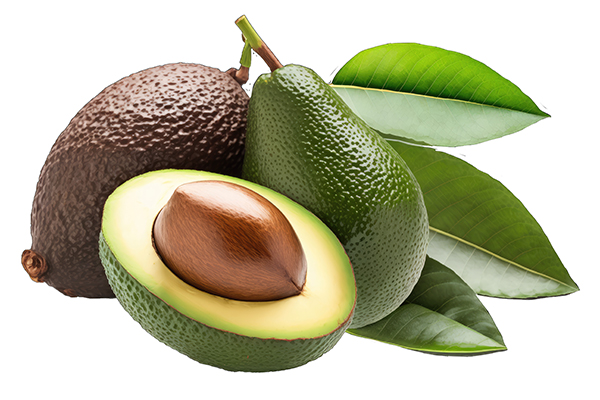
The study looked at whether high GL and GI would affect the presence of cerebral small vessel diseases in people with acute stroke. Researchers at Ewha Woman's University in South Korea hypothesized that high dietary GL or GI can be associated with the presence of cerebral small vessel diseases in people with acute stroke.
To test this hypothesis, they enrolled 263 individuals with an average age of 65 and had experienced a stroke within a week after the first symptom appeared. All participants also completed a semi-quantitative food frequency questionnaire. The researchers measured the participants' dietary GL and GI values and examined the presence and burden of high-grade white matter hyperintensities (HWMHs), cerebral microbleeds (CMBs), high-grade perivascular spaces (HPVSs) and asymptomatic lacunar infarctions (ALIs) – all of which are forms of subclinical cerebrovascular disease and often the consequence of cerebral small vessel diseases.
The results revealed that high dietary GL was independently associated with an increased risk of the presence of HWMHs, CMBs, PVSs, and ALIs. From these findings, the researchers concluded that high dietary GL may increase the risk of cerebral small vessel diseases in people who had a stroke.
Things you can do to prevent a stroke
As people age, they become more vulnerable to experiencing a stroke. Nonetheless, it can still be prevented in many ways. One of the best – if not the best – ways to avoid stroke is by improving your diet. Adhering to a whole food, plant-based diet will greatly reduce your risk of having a stroke. Plant-based foods help prevent stroke because of their rich fiber content. Research has shown that for every seven grams (g) of fiber you consume each day, you get a seven percent reduction in the risk of first-time stroke. Additionally, whole, plant foods are loaded with antioxidants, which help fight inflammation, prevent plaque buildup in the arteries, and improve blood flow. (Related: What to eat to aid stroke recovery and prevention.)
Here is a list of foods to include in your diet:
- Citrus fruits: Studies have reported a link between citrus intake and lower stroke risk. In a study of 70,000 women, published in the journal Stroke, researchers found that those who consumed the highest amounts of flavonoids from citrus fruits over 14 years had a 19 percent lower risk of stroke compared to those who ate the least.
- Coffee and green tea: Studies have found that drinking a cup of coffee daily cuts the risk of stroke by 20 percent while drinking two to three cups of green tea a day reduces stroke risk by 14 percent.
- Dark chocolate: Eating dark chocolate with high cacao content is the best type of chocolate to eat for stroke prevention.
- Garlic: This superfood can cut the rates of stroke by half if consumed regularly.
- Leafy greens: Evidence has shown that eating leafy greens could reduce the risk of stroke by 20 percent.
- Nuts: Research has shown that eating an ounce of nuts each day appeared to slash stroke risk by half.
- Tomatoes: Tomatoes contain high levels of lycopene, which contributes to stroke prevention. In a study of over 1,000 Finnish men aged 46 to 55, researchers found that those who consumed the most lycopene were 55 percent less likely to experience a stroke.
- Whole grains: Experts suggest that eating at least three servings of whole grains, such as bulgur and quinoa, each day can help prevent stroke.
Read more news stories and studies on preventing stroke and its complications by going to BrainHealthBoost.com.
Sources include:
Please contact us for more information.























